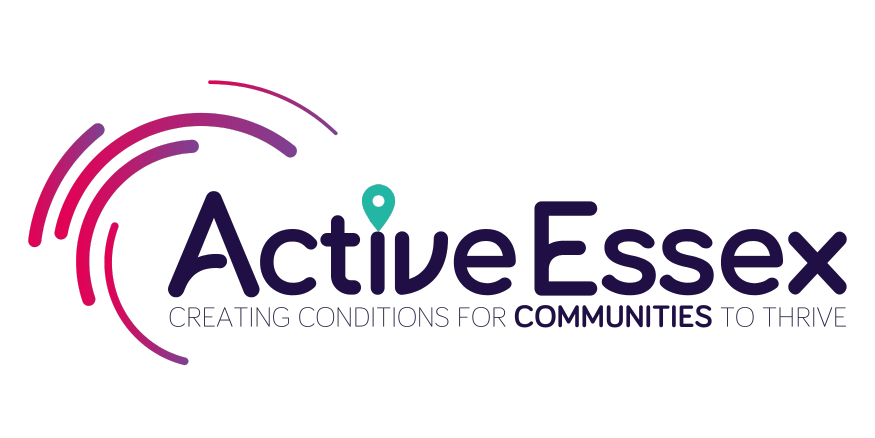Charity Commission survey finds nearly all nonprofits impacted by Covid
Posted on: November 8, 2021
Nearly all charities have experienced some negative impact from Covid-19, whether on their service delivery, finances, staff, or staff morale, according to research commissioned by the Charity Commission.
Yonder surveyed 1,966 charities online between 19 July and 2 August for the Charity Commission. The result, the Charity Commission Covid-19 Survey 2021, reveals that of the 91% affected by the pandemic, 60% saw a loss of income, and a third (32%) experienced a shortage of volunteers.
Nearly half (45%) said they took some action to adapt their services to restrictions caused by the pandemic. Some changed the way they delivered services, moving them online, refocusing on core projects, cutting staffing or spend on things like research. Around 40% say they dipped into their reserves. Smaller charities were especially likely to have taken drastic measures to remain afloat or in response to restrictions with one in four charities with incomes of less than £10k pausing their activities completely during the first lockdown.
Looking to the future, over half (62%) of those surveyed anticipate some level of threat to their charity’s financial viability in the next 12 months, although only 1% foresee that threat as being critical to their charity’s survival. From its own data the Commission however also warns that other threats may be on the horizon relating to governance and culture with it seeing an increase in disputes in charities and between trustees.
Covid impact
- Covid-19 has predominantly impacted charities’ services and delivery (85%), alongside their financial position (72%) and staffing and governance (66%)
- Work or events have been postponed and cancelled (57%) and many charities have lost income from fundraising (49%) or trading and other sources (35%)
- Operationally, there is frustration caused by the uncertainty around when charities will be able to return to ‘normality’
- 60% have lost income from charitable activities
- Access to volunteers has decreased for a third of charities
- Few have encountered or suffered any significant impact from cyber harms
Adapting services
- The most common action taken by charities is adapting their services in light of restrictions (45%), followed by using financial reserves (40%) and pausing operations temporarily (32%). A fifth have furloughed staff (18%)
- Restrictions have resulted in less emphasis on in-person events and cash donations
- Half of charities have made better use of digital technology
Future viability
- A third (34%) expect to generate less revenue from fundraising and donations in 2022
- Over half (62%) anticipate a threat to their charity’s financial viability in the next 12 months
- However, a majority expect their charity to be in the same or better position overall
Accessing financial support
- 20% have accessed Local Authority funding, and 14% have used UK Government funding
- Half (50%) would find more information on financial support helpful, and often suggest the Charity Commission could do more to help charities find/access it



Leave a Reply
You must be logged in to post a comment.